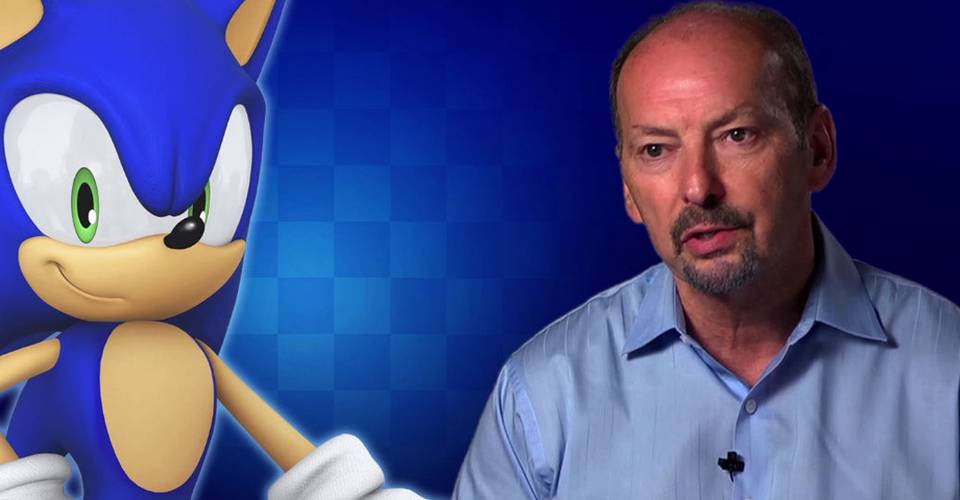Such disrespect for Sega's software.
There is no disrespect, this is a sales thread, quality is nowhere in the OP. (granted they also had several flops but we don't usually talk about those.)
I disagree that Sega's issue was lack of games.
Never said it was about quantity of games released, it's about the number of games sold.
If not for Sony, I think Sega could have reestablished itself after all the harsh lessons.
Without Sony the 3Do would have sold a bit more on the tail end and would have likely decided to go for it with the M2 as a result since they wouldn't have lost so much money trying to stay relevant with game pack-ins and fire sales.
Considering the amount of games that were in development for the 3DO before they ended up moving to the 3DO, AFTER the Saturn came out in the US (and even a year before in JAPAN) including things like MGS, Sega was always going to be in an uphill battle with the Saturn, especially since most of their first year line-up didn't interest Genesis fans to switch outside a handful of titles. It doesn't help that Daytona port was bad, but it was much better than the Ridge Racer port on the PS1 I'll tell you that. But that's another small aspect people rarely discuss.
Basically without Sony the 3Do would have eaten the head and the M2 would have likely ate the body and tail. Also before the change of mind 3Do was going to refocus and not do the multi company licenses thing and just have a one core console manufactured by Panasonic, and Panasonic was going to eat the losses this time anticipating high software.
Even then, you can exclude all that and have to consider that without Sony or the 3DO, things would change radically, NEC may have gotten more steam with there lie machine PC-FX and may have brought it over to America with a larger marketing campaign, the N64 may not have taken as long to release and even if it did it may have ended up being worth the wait and may have ended up taking much more mindshare. There's much more.
Sony was basically the killer of a lot of plans so without them you have to consider that with them gone in any scenario it radically changes the picture. The only time that may not always be the case is that first 2 years of the PS1 before it took off like fireworks,
If they weren't a hit, they wouldn't make more of the cunting things.
Listing games from outside Sega making consoles aside, which this thread is about, he's not actually wrong in terms of sales. Streets of Rage 2 wasn't a "hit" it did do well, and was better than most better selling Beat up games before and after, but not one was going to warm the Genesis to buy Streets of Rage 2, a nice amount did but it wasn't going to sell 1-2 million.
The problem with Sega's games in terms of sales is 4 fold:
1. The game is niche and doesn't have universal appeal.
2. The game may have come out too late or at the wrong time to be as successful as it could of been.
3. Critical reception of the game or sequels to a game may have hurt the opportunity to be bigger than it was.
4. The game was good and could have been big but a competitor or competitors had similar types of games that had something that attracted more buyers or had the perception of being better or having attracting content the Sega game is missing.
Number 4 is pretty important in this way.
Daytona, Streets of Rage, Virtua cop, House of the dead and so on are examples of this on Sega consoles. Even Virtua Fighter which was a hit early on with Sega consoles was still hampered by number 4. Many of Sega's console games also had the issue with 1. and 2 and 3 are in between.
Considering that some franchises were made to try and fix these problems (panzer being an example), or changes to attempt to fix these problems I don't think Sega was not aware of these problems but lack of focus and paying attention to the market, combined with less money to allocate toward projects gradually over the years and internal bickering probably didn't help in finding a suitable solution to these problems.
EA did put their sports games on the SNES, but it was games like Madden and NHL on the Genesis.
Had nothing to do with Sega's first party but yes sports were an advantage for the Genesis, with that being said Sega's football games
actually did BETTER than Madden on the Genesis. Two of which sold over 1 million copies. Of course it's not their IP but just something I thought may be interesting to know.

 en.wikipedia.org
en.wikipedia.org



